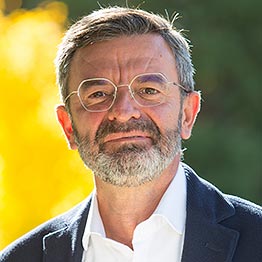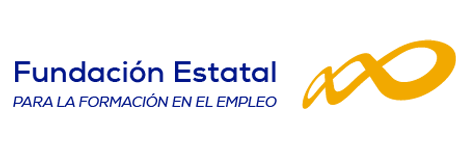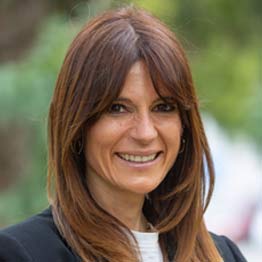Objectives
of the program
_01
To make visible and raise awareness of gender inequalities on work.
_02
promote the co-responsible exercise of family and working life staff, without detriment to professional promotion.
_03
Eliminate the transmission of sexist stereotypes in the forms of Internal Communications and external relations.
_04
Detecting, resolving and preventing sexual and gender-based harassment and gender-based violence in the workplace. business
_05
Develop the Social Responsibility of the business (CSR) on subject for equality
Unit 1. Visibility, awareness-raising and co-responsibility
This unit will address contents that raise awareness of the lack of effective equality between women and men, the persistence of sexism in society and the need to contribute to the identification and rejection of all forms of discrimination. The persistence of gender stereotypes linked to the professional sphere will also be addressed. Furthermore, the contents of this unit will raise awareness of the importance of co-responsibility for the good of the employees and of the business or organisation itself, as well as to know the current rules and regulations in subject of co-responsibility.
Unit 2. speech institutional image and language
This unit, through a theoretical-practical approach , provides mechanisms to help detect elements of indirect discrimination and to play an active part in promoting the use of non-sexist language in their respective areas of responsibility.
Unit 3. Prevention of sexual and gender-based harassment.
This module provides basic content to ensure training for all staff at subject of sexual harassment and to learn instructions in order to develop a protocol against sexual and gender-based harassment.
Unit 4. Equality in Corporate Social Responsibility business
This module explains how to incorporate equal opportunities between men and women as a strategic core topic of the organization and its corporate identity.
It develops actions to promote equality in the internal and external life of business. It provides contents that help to guarantee the active and balanced participation of people, regardless of their sex, in all areas and spheres of business action. Finally, it offers information on how to obtain the Equality badge for business.
For this course, a website model professor has been developed to enable students to develop in an enjoyable and flexible environment.
![]()
The course is taught at modality 100% online. The contents are offered asynchronously and in different formats: videos, texts, downloadable documents and questionnaires.
![]()
The 24/7 access to the platform allows you to take the course with maximum flexibility in your timetable.
![]()
Tests at self-assessment ensure that the pace of the course is maintained and that the objectives are achieved.
![]()
Participation in forums reinforces the learning acquired and allows the exchange of good practices among the participants.
![]()
Enrolled students who benefit from FUNDAE financing also have access to a tutoring and follow-up service.
![]()
In addition to a careful selection of minimum content, enrolled students will have access to bibliographic resources, legal resources and multimedia materials.
![]()
The course lasts 4 weeks.
Once the student body has passed the self-evaluations with a grade of 8 or higher , he/she will obtain the certification of the "Focused Online Course in Equality".
This certification is an own degree scroll issued by the University of Navarra that can be accredited as training in equality of agreement with the requirements established in Royal Decree-Law 6/2019, of March 1. It will collect a load professor of 2 ECTS credit (European Credit Transfer and Accumulation System), equivalent to 50 hours of work.
The certification will be sent in electronic format to the participants who have passed the course.
Faculty
Course co-direction
With the goal of providing an interdisciplinary vision, the faculty comes from different fields: Law, Communication, Philosophy, Philology, History and Economics.
University faculty , researchers from the Institute for Culture and Society of the University of Navarra and some specialized professionals participate in the teaching units.

Prof. Pablo Pérez López
Full Professor of History.
School of Philosophy and Letters



